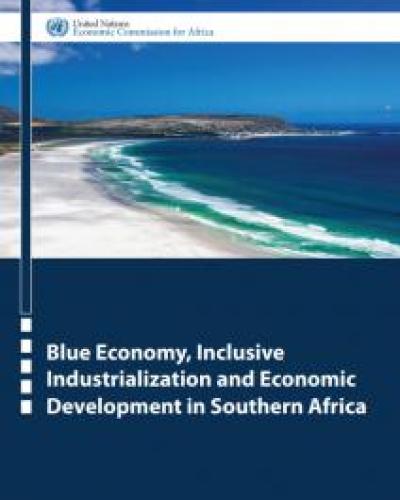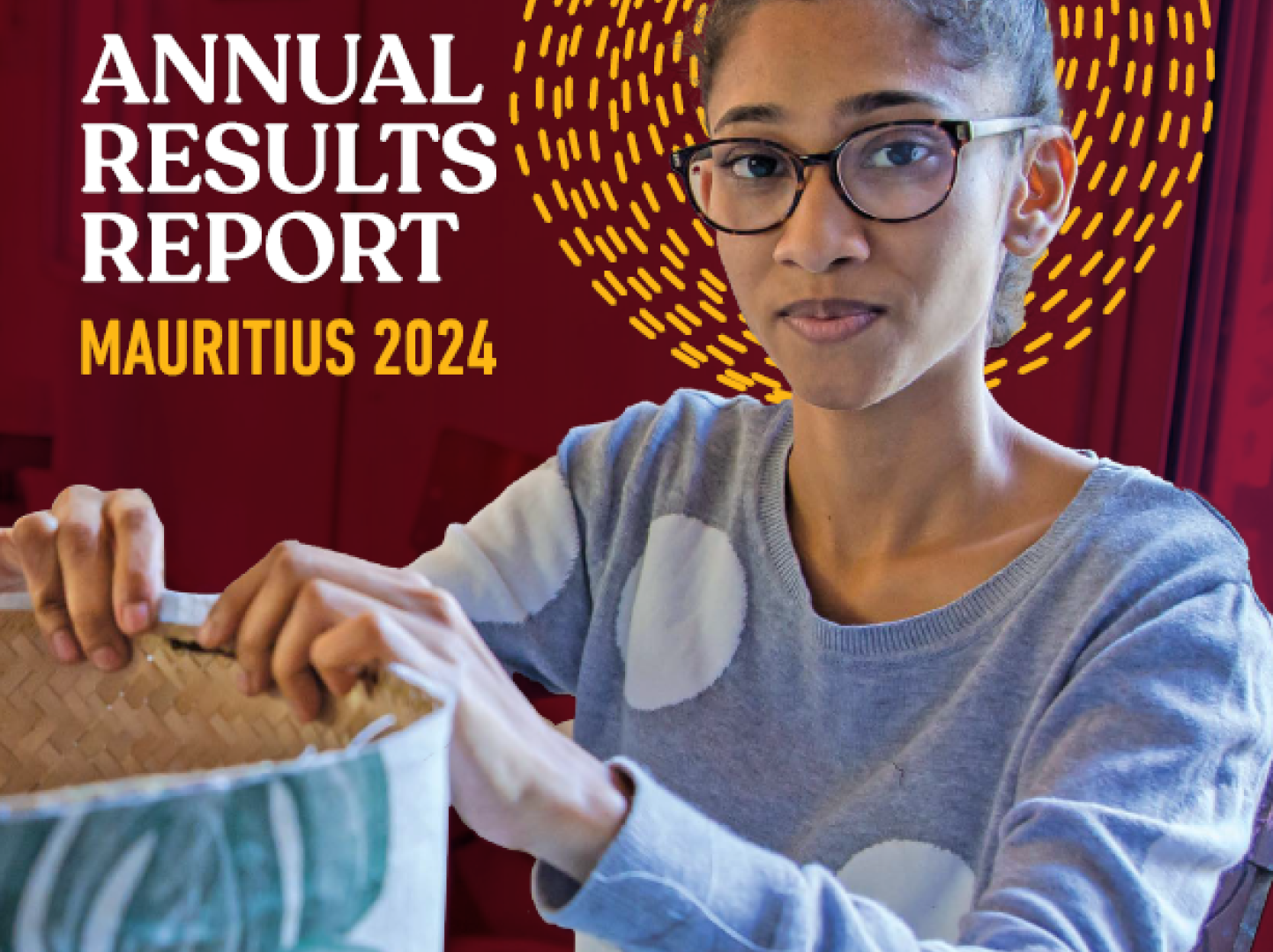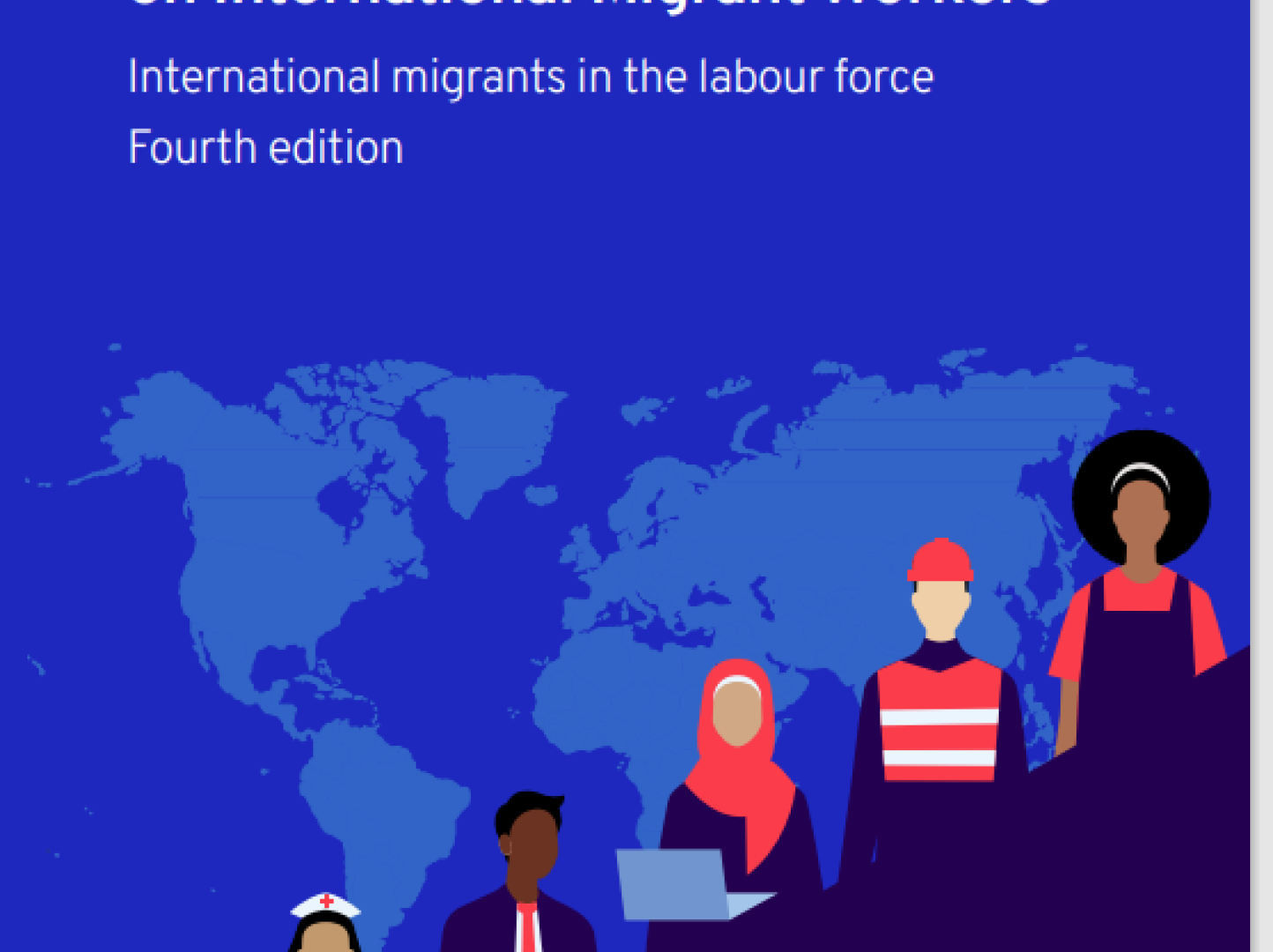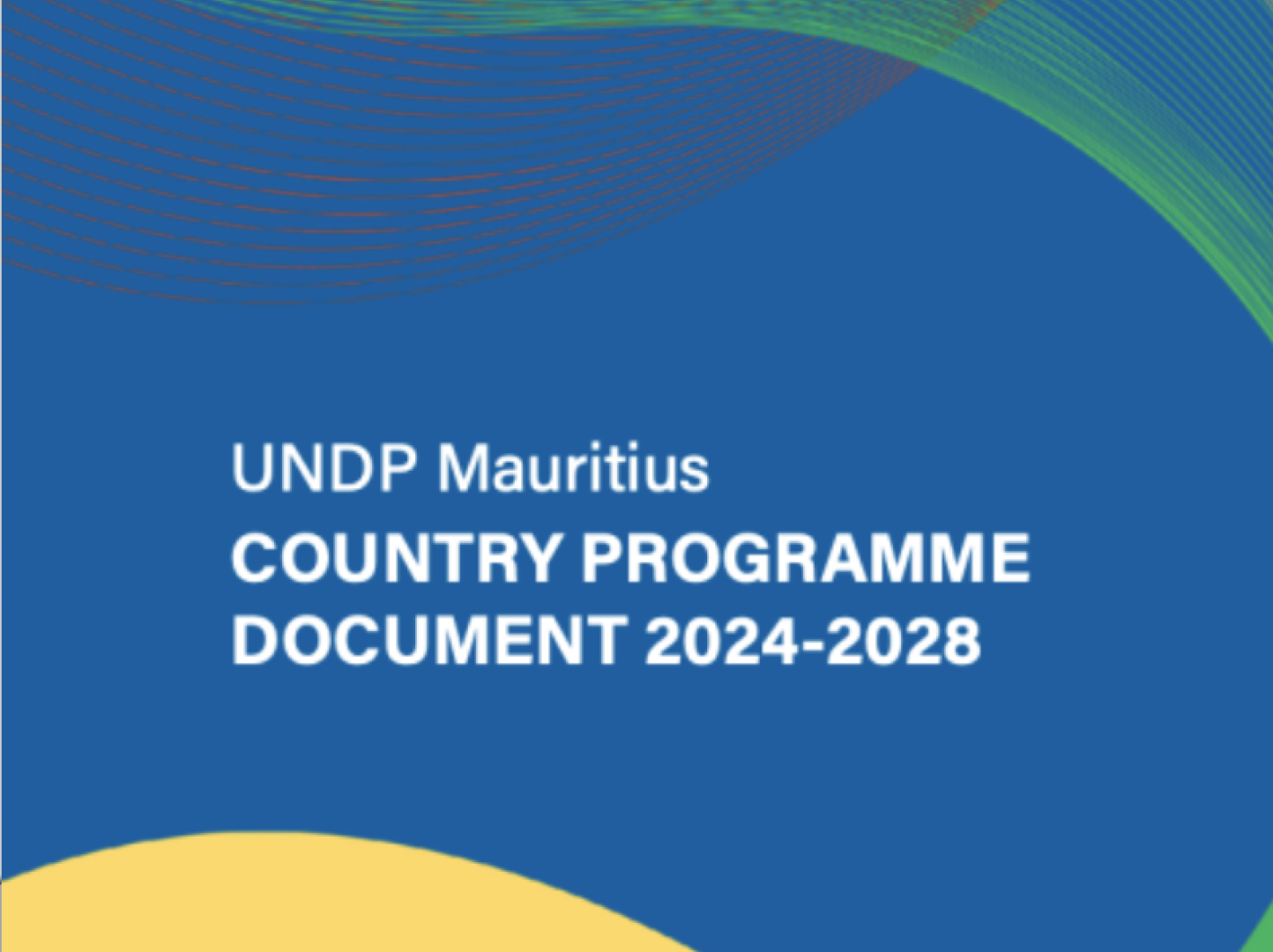Blue Economy, Inclusive Industrialization and Economic Development in Southern Africa

Oceans and seas cover 72 per cent of the surface of planet Earth and are home to 95 per cent of the Earth’s living organisms. The world’s oceans are essential to life on the planet, provide the largest source of oxygen and protein, absorb around a quarter of carbon dioxide emissions, recycle nutrients and play a significant role in the regulation of global climate and temperature. The African continent benefits immensely from oceanic resources, and for Southern Africa, the Indian and Atlantic Oceans provide direct benefits. Apart from creating and supporting a conducive living environment, these oceans support various economic activities in the region. Maritime ports have been serving as gateways for regional and international trade for the region and for Africa. Fishing is another economic sector that depends on the presence of the waters, and fisheries are a primary source of livelihoods and incomes for both coastal and hinterland communities. The blue economy concept entails the sustainable use of marine and aquatic resources for human well-being and economic development, while preserving the marine environment and thus providing a potential route for Africa’s development. This study underscores that the blue economy resource is not only for the benefit of coastal and island countries, but also for landlocked countries. But blue economy activities are not confined to the waters only. They also encompass activities emanating from collaboration among coastal, island and inland countries. Such collaboration is essential for the derivation of the benefits of regional economic value chains from the blue economy.





